Mention Brunei and a country ruled by an absolute monarchist come to mind. Hassanah Bolkiah, the country’s 29th Sultan, is notorious for his fortune – estimated at US$20 billion as of 2008 (according to Forbes). He was once the world’s richest man but despite his brother Prince Jefri’s pilfering US$15 billion from sultanate, and the plunging in oil prices, he’s still one of the worlds richest.
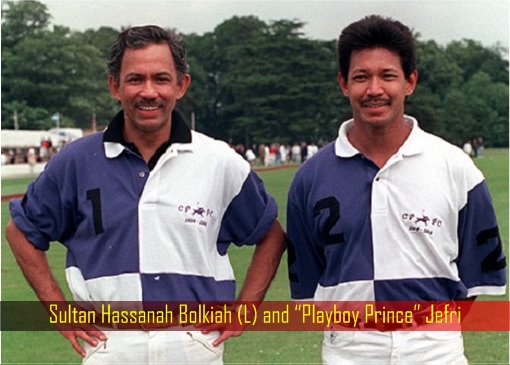
According to “Guinness World Records” the Sultan’s personal private collection has more than 600 Rolls-Royces, more than 450 Ferraris, and 134 Koenigseggs – the largest collection of that brand in the world. In total, he has at least 7,000 cars and has bought over US$789 million (unofficial figures: US$4 billion) worth of high-performance cars.
Sultan Hassanah Bolkiah’s palace, built at a cost of US$350 million, is the biggest palace in the world. It has 1788 rooms, 257 bathrooms and the total floor area is 2,152,782 sq. feet – bigger than the Vatican palace. The Sultan is notorious for his lavish spending simply because his kingdom is notorious for its oil riches. But soon, things could change for the worse.
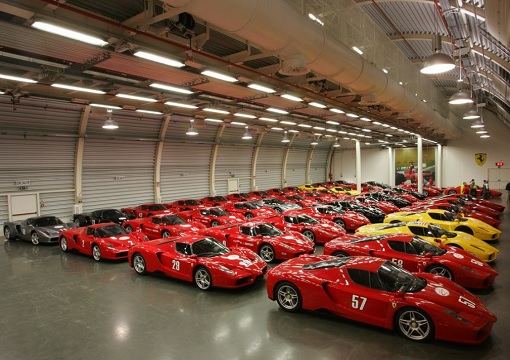
Brunei is the third-largest oil producer in Southeast Asia, averaging about 180,000 barrels per day. It also is the fourth-largest producer of liquefied natural gas in the world. While oil producer countries, including Saudi Arabia and Russia, have been hit hard by tumbling oil prices, the kingdom of Brunei seems unaffected.
However, the kingdom has its tiny size and population of merely 420,000 to thank, for not having to raise money by taxing the people. Earnings from natural resource enabled its society to be tax-free and well-provided with employment, public health, subsidized housing and free education. In comparison, Saudi had increased prices of petrol, diesel, and electricity and water tariffs.
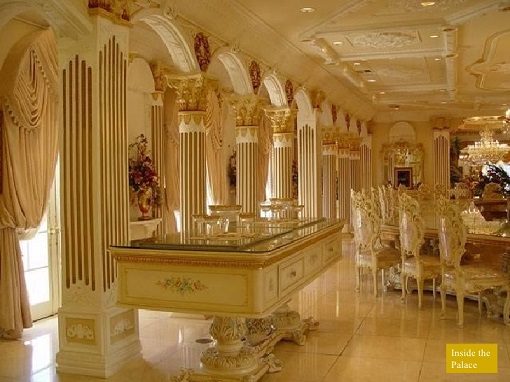
You can hardly see any poor homeless Brunei citizen in the kingdom, let alone a beggar begging on the street. That’s because according to the law, no matter how bankrupt a citizen is, his / her last house cannot be taken away. That guarantees a roof over one’s head. About 80% of its citizens are employed directly by the government or its statutory corporations.
And just like Saudi Arabia who had burnt close to US$100 billion in reserve money in 2015, Brunei is scrambling to diversify away from oil. With 96% of budget revenues coming from the energy industry, oil revenues contribute as much as 60% to Brunei’s GDP. Obviously, this tiny oil kingdom will go bust if they could not find alternatives to oil and gas revenue.
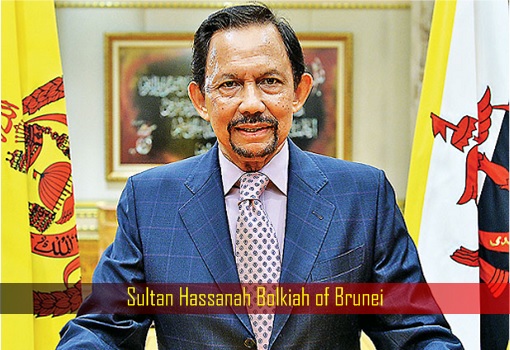
Brunei’s ground oil reserves are estimated to run out in 22 years (based on its current pace of extraction) hence the kingdom is more desperate than Saudi Arabia (63 years left) or Kuwait (89 years left) to diversify, in case the present mini oil rally has performed its best. For the past decade, Brunei has found only a half-barrel of new oil for every one it removes from the ground.
Launched close to 9 years ago – “Brunei Vision 2035” – was supposed to build other parts of its economy, targeting key sectors such as halal manufacturing, information technology, and tourism. Unfortunately, despite the Brunei government’s best efforts, these prioritized sectors have failed to kick off in a meaningful way.
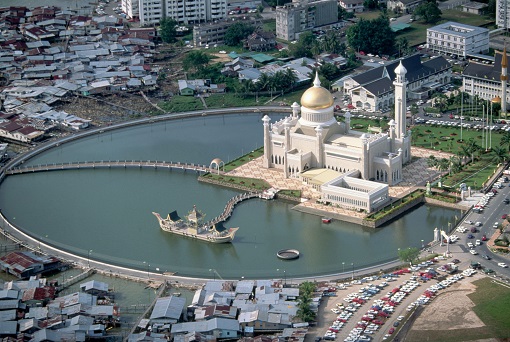
Besides pumping more oil, what else could Brunei do for the challenging years ahead? If one cares to read and analyse, one would discover the deafening silent from the government of Sultan Hassanah Bolkiah on South China Sea crisis. While China’s nine-dash line disputes are clashing with Philippines, Malaysia, Indonesia and Vietnam; Brunei has chosen to play dumb.
Like it or not, Brunei has very few alternative options to solve its economic diversification but to work together with China. Realizing Brunei’s desperation, Beijing has talked and offered attractive production-sharing options for the South China Sea plus other economic incentives in exchange for Brunei’s support for its claims.
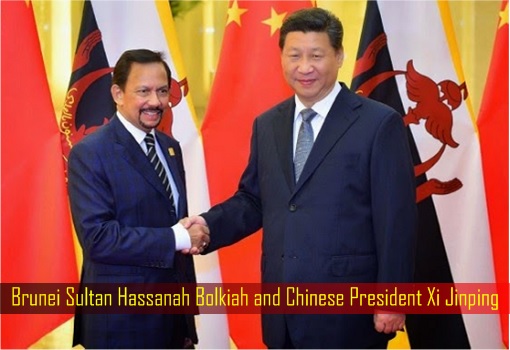
China has the financial capacity to fund deep-sea exploration and the strategic need for hydrocarbon energy. The proposal was too attractive to be rejected by Brunei. The kingdom can literally sit down doing nothing but counting money while watching China do the heavy lifting – financing deep-sea drilling and exporting the commodities back to China.
Other Articles That May Interest You …
- Congress To Reveal 9/11 Secrets, Saudi Isn’t Happy So They Blackmail U.S.
- Why China Can “Take” Any Island In South China Sea … And Get Away
- Did Najib Pawn & Drag Malaysian Soldiers Into Syrian War For RM2.6 Billion?
- Sultan Of The Year 2015 – Sultan Ibrahim Of The Kingdom Of Johor
- The Glory Days Are Over – OPEC Warlord Saudi Has Started Borrowing
- Saudi Has 100,000 Unused Air-Conditioned Tents, But Won’t Help Refugees
- What Can UMNO Do If The Kingdom Of Johor Declares Independence?
- The Biggest & Luxurious Private Jet – $500 Million Airbus
- Reason Why Oil-Rich Kingdoms Scare Of Uprising
- World’s Tallest Building In Saudi Arabia, Kingdom Tower

|
|
June 1st, 2016 by financetwitter
|


|

|

|

|

|

|




























Comments
Add your comment now.
Leave a Reply